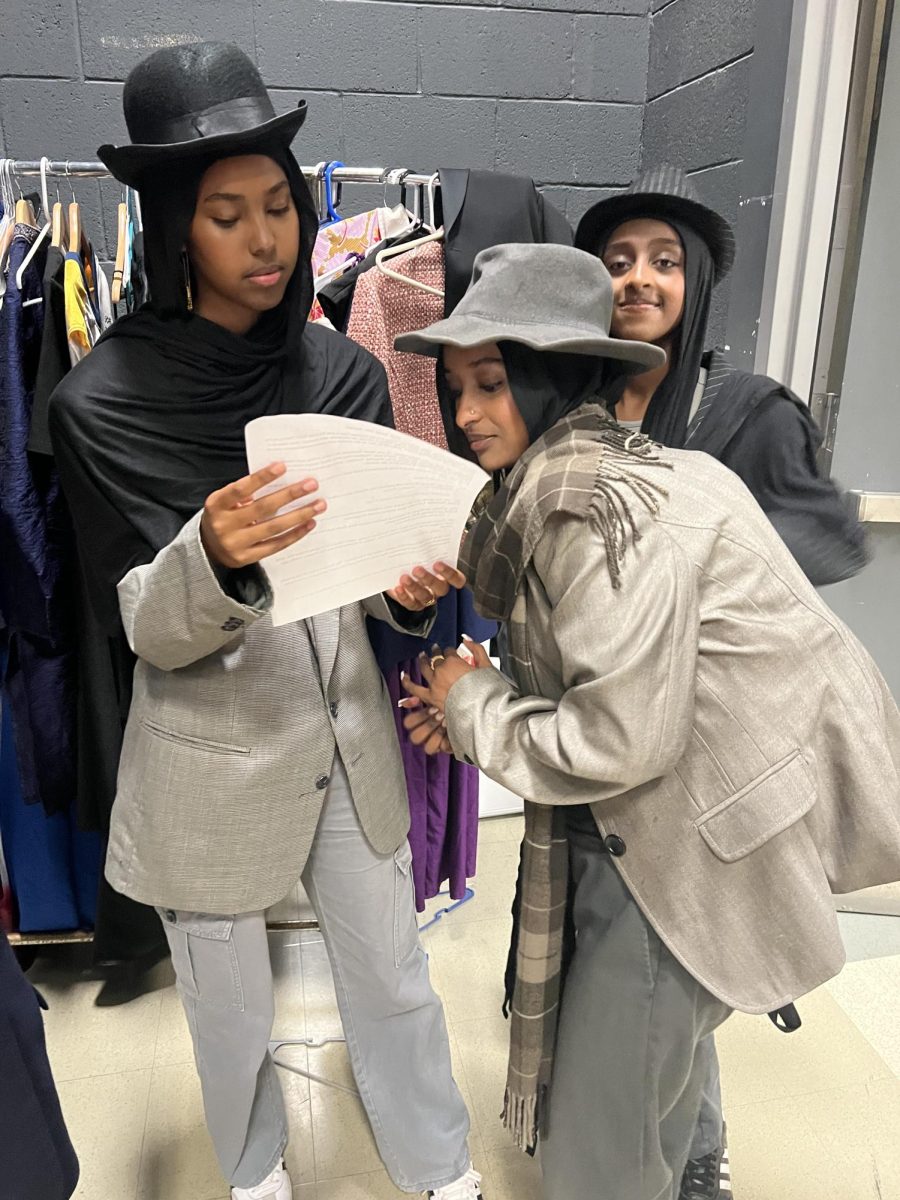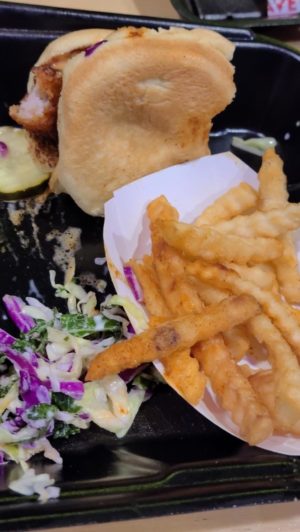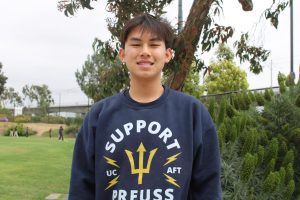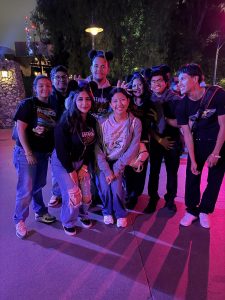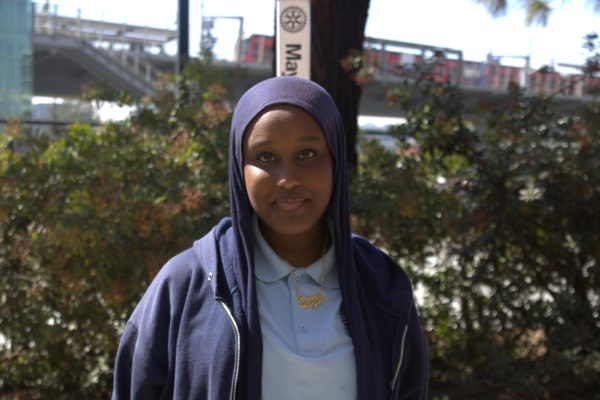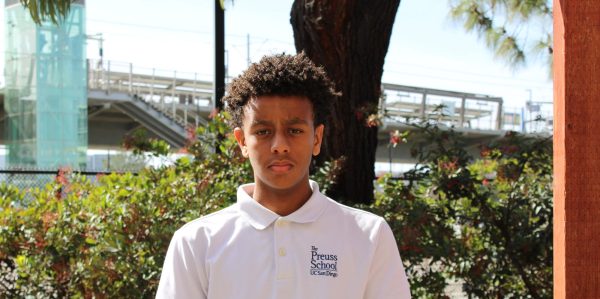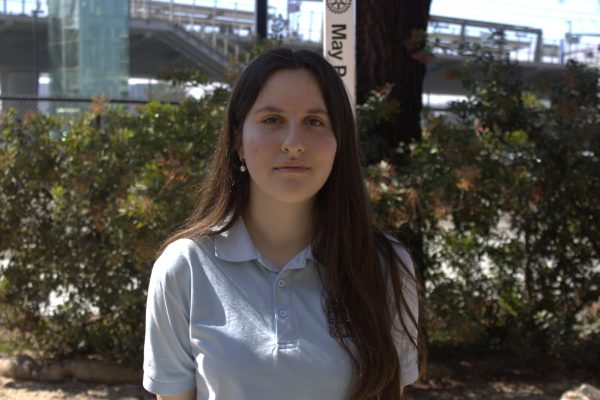Cuba Protests Against Communist Government
February 11, 2022
Ever since Fidel Castro’s 26th of July Movement defeated the Fulgencio Bautista government, and replaced it with a communist one with Castro as the first secretary, it has left a division between Cubans living in the United States and on the island. Ever since Cuba gained independence in 1898 after the United States won the Spanish-American War on their behalf, relations with Cuba and the United States were tense. The United States then took advantage of the war situation by the Teller and Platt Amendment, in which American military presence and until 1959, relations with Cuba was beneficial for American businessmen, who gained profits from Cuba’s sugar production, while supporting the head of government as long as they supported them. That was the case until Cuba became the first Marxist-Leninist country in the Americas. This led to the United States spark a campaign against Castro’s government, with hundreds of assasination attempts that proved useless, and even an invasion of Cuba known as The Bay of Pigs in 1961 that led to the United States being humiliated after it proved unsuccessful.
The United States of America has been the government, arguing it’s one party centralization, censorship, and supposedly human rights abuse, while the Cuban government have stated that citizens living on the island are supposedly happy with the communist rule.
That was the case until watching the social media live streams and footage that showed young Cubans protesting against the government. The supposed communist ideal that the Cuban government has been trying to portray as one of the last communist nations is shown to be unsatisfying with the population. In the summer of 2021, young Cuban protestors had taken into the streets of Havana in protest of the communist regime that has been in place for 62 years, currently headed by Miguel Diaz-Canales. As of January 2022, 600 of these young students are confirmed to likely face trial by The New York Times. This has grown strong tensions between the Cuban and United States government once again.
On July 11, 2021, after Covid-19 Pandemic cases began to rise, as well as the rationing of food, the economy of Cuba, and with the restrictions of civil liberties, the protesters gathered to the surprise of government officials. Through the usage of social media, Cuban protestors showcase their discontent with their government, reportedly shouting “We are Hungry” and “Freedom.” It was reported by Jurist that the protests were demanding for civil liberties, the management of the economy of Cuba, and some the end of the Communist regime. While the government was caught off guard, a crackdown on the protests went ahead and had them arrested, some through unlawful detentions. Jurist also reported that the United States has condemned these acts against human rights and in response, United States Secretary of State Anthony Blinkin and the US State Department imposed visa restrictions to eight Cuban officials who corroborated these actions.
The Cuban Deputy Foreign Minister Carlos Ferandez de Cossio in an interview with the Agence France-Presse (AFP), expressed discontent about the United States action. “The United States has a disastrous record in terms of human rights, it has a disastrous record in terms of its people’s democratic rights, and the United States has no right to give lessons to anyone,” stated Fernandez, “Above all, it doesn’t have the right to manipulate a subject as sensitive as human rights to attack countries it doesn’t agree with,all countries, Cuba included, have much to improve in the area of human rights.”
There is no official number of arrests, but it’s been estimated to be at least about 1,300 arrested, 98 were fined, 57-60 people were tried, and at least one casualty. What is known is that those who have or will be convicted will face approximately 30 years in prison for joining the protest. Human rights activists in Cuba have reported that there was mistreatment and abuse by authorities. Daniel Triana, a Cuban actor and activist who was briefly detained after the protests, told the New York Times his opinion about the situation. “What reigns here is an empire of fear,” He said. “The repression here doesn’t kill directly, but forces you to choose between prison and exile.” The Cuban government has taken some responsibility for their faults, but it presents the narrative that the United States had coordinated these protests in order to harm the communist government’s reputation.
While the communist ideology is supposed to mean a peoples’ government in which capitalism and social classes don’t define a person from status, it has proven to be dictatorial and untolerable with the people who demand change. Of all the twenty-sixth communist governments that were created worldwide, only four continue to exist, including Cuba. All the rest of the government ceased because of protests pushing for a transition to democracy and reforms. Cuba should begin the transition to open elections, because throughout the years, it’s become clearer and clearer that Cuba is going nowhere in its ideology of a workers’ government, and that the people, specifically the youth, are asking for more civil liberties and reforms.


